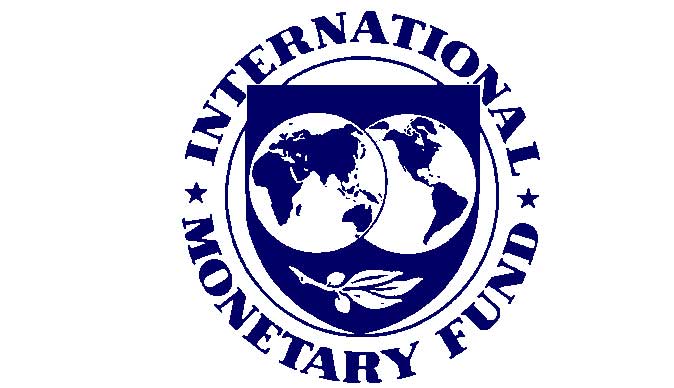The Executive Board of the International Monetary Fund (IMF) has commended the federal government for acting swiftly to adopt a COVID-19 pandemic-related support package equivalent to 0.3 per cent of the gross Domestic Product (GDP) in the 2020 revised budget.
The board said this on Monday in a statement in Washington D. C. after concluding its 2020 Article IV Consultation with Nigeria.
- FG hastening economic recovery — Finance minister
- Open grazing no longer sustainable – Northern governors
It said following a sharp drop in oil prices and capital outflows, real GDP was estimated to have contracted by 3.2 per cent in 2020 amidst the pandemic-related lockdown.
It also said that headline inflation rose to 14.9 per cent in November 2020, a 33-month high, reflecting core and food inflation increases emanating from supply shortages due to the lockdown effected to curb infections.
It added that the land-border closure and continued import restrictions also contributed to the contraction, while unemployment rate reached 27 per cent in the second quarter of 2020, with youth unemployment at 41 per cent.
According to it, capital outflow risks arise from the record-low domestic interest rates and large foreign holdings of domestic securities.
On the upside, recovering oil prices and completion of the Dangote oil refinery could catalyse more domestic crude oil production and boost growth, it said.
“External vulnerabilities due to lower oil prices and weak global demand have increased, with the current account remaining in deficit in the first half of 2021.”
The IMF’s board observed that multiple rates, limited flexibility and foreign exchange shortages were posing challenges. It recommended a gradual process to reach a unified exchange rate.
The Bretton Woods institution hailed the ratification of the African Continental Free Trade Area (AfCFTA) and underscored that implementing trade-enabling reforms remained critical to rejuvenating growth. (NAN)

 Join Daily Trust WhatsApp Community For Quick Access To News and Happenings Around You.
Join Daily Trust WhatsApp Community For Quick Access To News and Happenings Around You.


